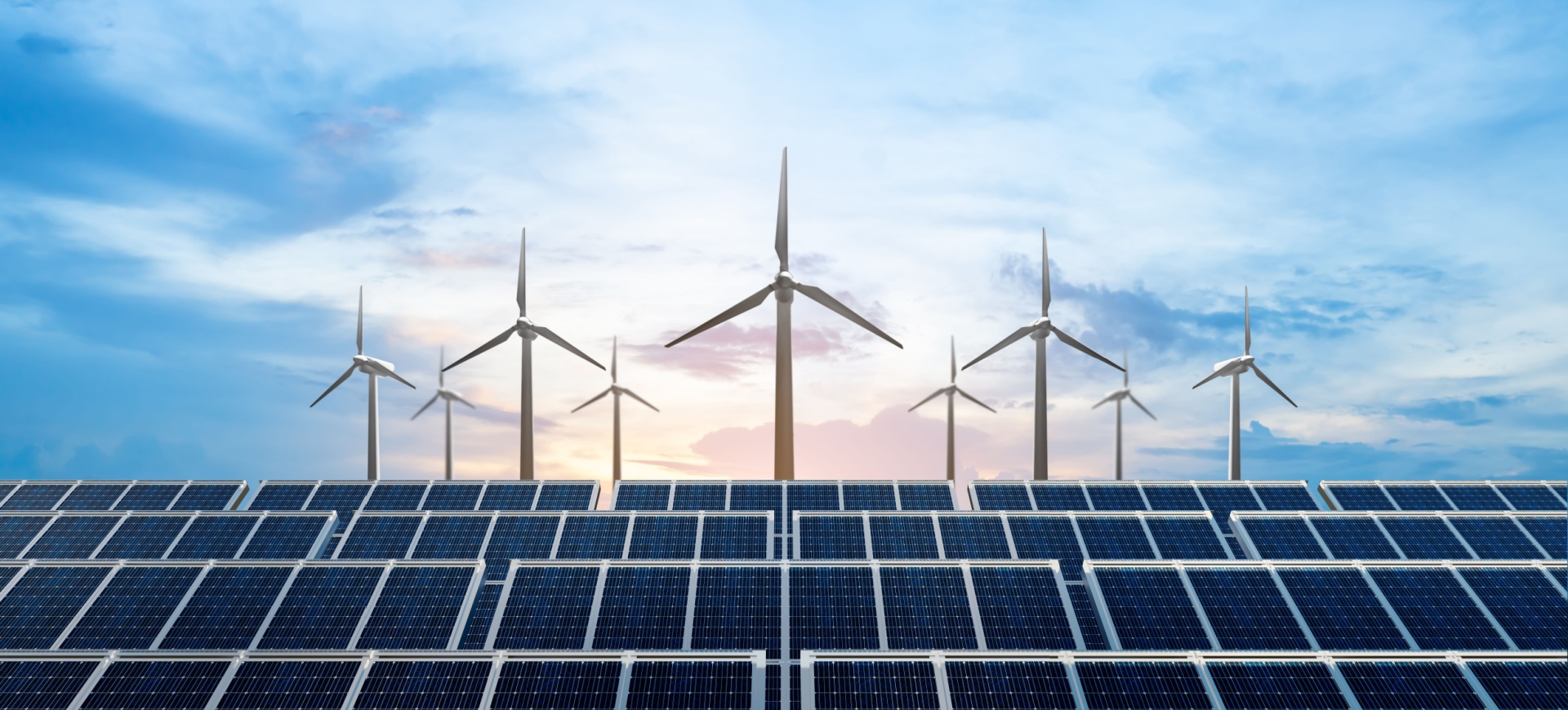Mobilising investments for sustainable infrastructure amid global crises
Developing countries urgently need increased private sector investment for sustainable infrastructure, which governments can facilitate by establishing enabling frameworks and institutions
Developing countries are grappling with cascading crises, making the need for infrastructure investment more urgent than ever. Climate change, escalating debt, persistent inflation, high interest rates, depreciating currencies and conflict are undermining development outcomes, including for education, food security and disaster resilience.
Despite a global economic recovery, the pace is sluggish, and inflation remains above pre-pandemic levels. The rising cost of capital and fiscal constraints exacerbate the already high costs of financing infrastructure projects. Central banks in major economies have increased lending rates to levels not seen since 2006.
To overcome these challenges, increasing capital flows to developing countries for sustainable infrastructure projects is crucial. Meeting global infrastructure needs and providing essential services require an investment equivalent to 4.5% of gross domestic product annually.
The scale of these requirements is too vast for any single entity to manage alone. Private investment in infrastructure for low- and middle-income countries, although slowly recovering, has not returned to pre-pandemic levels. In 2023, investment in primary markets with private infrastructure participation fell by 5% from 2022, totalling $86 billion, according to the World Bank’s annual Private Participation in Infrastructure database.
Private investors seek viable opportunities in emerging markets, but mobilising capital effectively remains challenging. Countries that are leveraging private investment at scale into their infrastructure sectors, including India and Brazil, are establishing sound enabling frameworks, building strong institutions and advancing programmatic approaches. Therefore, it is not just a matter of matching available finance to bankable investment opportunities but also building the capacity of institutions and people to unlock those opportunities at scale.
The global Public-Private Infrastructure Advisory Facility, focused on early-stage market development and project preparation, works with countries to strengthen institutions to realise sustainable infrastructure. By helping governments improve policies, regulations and institutional frameworks, PPIAF plays a crucial role in enabling private participation in infrastructure projects. This support has been instrumental in catalysing over $28 billion in infrastructure investment and $1.6 billion in sub-national commercial borrowing.
Building this critical upstream capacity requires knowledge and data to inform country governments. The recent integration of the Global Infrastructure Hub into PPIAF in April 2024 has significantly strengthened our global reach and capabilities. It has expanded our knowledge resources, allowing PPIAF and the GI Hub to deepen their roles in thought leadership, research and the development of practical solutions for advancing private sector participation in infrastructure. The merger strengthens our global collaborations and stakeholder coordination, including support for the G20 Infrastructure Working Group agenda and participation with the World Bank Group, G20 members, the private sector and other international organisations.
Building for a sustainable and resilient future
More than ever, we need to maximise the impact of every dollar invested in infrastructure. The G20 has led with its Quality Infrastructure Investment Principles, highlighting that infrastructure investment needs to be sustainable, resilient and inclusive, and delivered with economic efficiency and sound governance. The World Bank Group is mainstreaming this approach through the Quality Infrastructure Investment Partnership.
PPIAF is uniquely positioned as a global facility dedicated to early-stage market and project preparation for quality infrastructure investment. By leveraging our expertise and resources, we work to remove investment barriers and create opportunities to attract private capital where it is needed most.
As population growth outstrips the expansion of new energy connections, the global energy access gap is widening. In 2022, 685 million people lacked electricity access, and the world is off track to meet Sustainable Development Goal 7 by 2030. Nonetheless, advances in renewable energy technology, smart grids, storage and connectivity are driving large-scale clean energy investments, particularly in developing countries.
PPIAF supported governments by de-risking investments through regulatory and financial incentives, credit enhancements and renewable energy procurement programmes. These efforts enhance market attractiveness for both local and global investors, foster competition and reduce generation and storage costs. Geospatial analysis also identified mini-grids and stand-alone renewable energy systems through concession contracts as the most cost-effective solutions for delivering electricity to remote rural areas. This analysis has culminated in a $190 million project funded by the World Bank’s Fund for the Poorest, along with contributions from donors and private sector co-financing, expected to expand energy access to some 345,000 residents.
Integrating climate resilience and sustainability into infrastructure investments is vital. Combating climate change relies heavily on private sector participation in infrastructure, including both mitigation and adaptation. The Climate Toolkits for Infrastructure PPPs, which we developed in collaboration with the International Finance Corporation and Global Infrastructure Facility, help governments identify climate-related risks and opportunities throughout the project lifecycle. These toolkits have been piloted in 20 countries and are widely utilised by partners, including the Global Facility for Disaster Reduction and Recovery.
Investments in sustainable infrastructure are essential for tackling the challenges faced by developing countries. By fostering an environment that attracts private sector participation, governments can turn these challenges into opportunities for sustainable growth, delivering lasting benefits to citizens, the economy and the environment. Through international collaboration, we can achieve a more equitable and sustainable future for all.












